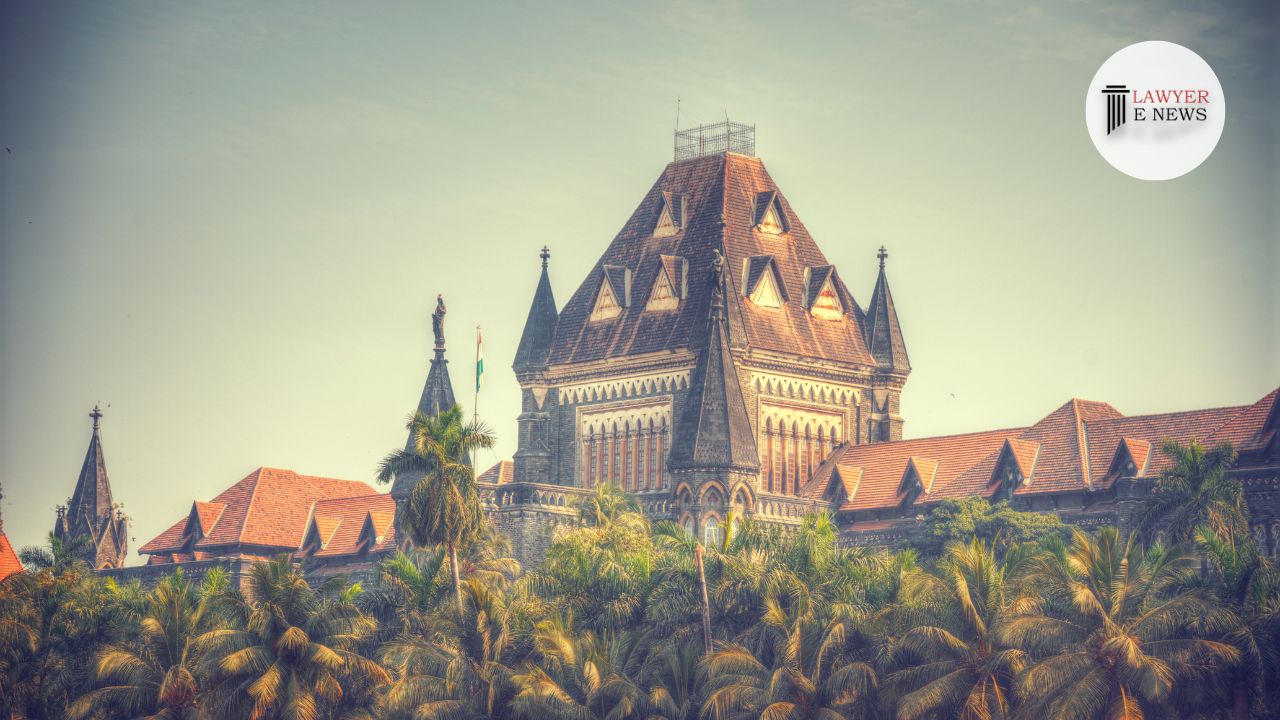-
by Admin
15 February 2026 5:35 AM



In a landmark judgment, the Supreme Court of India upheld the Bombay High Court's decision that writ petitions against Air India Limited (AIL) post-privatization are not maintainable under Article 226 of the Constitution of India. The court asserted that "subsequent events rendering an entity private and non-public duty performing nullify its amenability to writ jurisdiction."
The Supreme Court addressed the appeals filed by former Air India employees challenging the Bombay High Court's dismissal of their writ petitions. The High Court had ruled that the petitions were non-maintainable following AIL's privatization. The central issue was whether AIL remained amenable to writ jurisdiction under Article 226 after its privatization.
Background: Air India was initially a statutory body under the Air Corporations Act, 1953, and later became a government-owned company. The employees filed writ petitions in the Bombay High Court addressing stagnation in pay, non-promotion, wage revision arrears, and withdrawal of allowances.
Privatization: On October 8, 2021, the Government of India accepted a bid from Talace India Pvt. Ltd. to purchase 100% shares in AIL. The share transfer was completed on January 27, 2022, privatizing AIL.
Legal Question: The primary legal question was whether the writ petitions, maintainable at the time of filing, continued to be maintainable post-privatization.
The court emphasized that once AIL was privatized and ceased performing public duties, it no longer fell within the definition of "State" under Article 12 of the Constitution.
"The jurisdiction of the High Court under Article 226 does not extend to private entities not performing public duties," the court observed.
The court rejected the argument that delays in adjudicating the writ petitions should preserve their maintainability.
"Equity considerations and delay in disposal do not justify maintaining writ petitions against a privatized entity," the court noted.
The Supreme Court upheld the High Court's directive for the appellants to seek alternative legal remedies.
"The appellants are directed to pursue alternative legal remedies as the writ petitions against privatized AIL are not maintainable," the judgment stated.
Decision: The Supreme Court dismissed the appeals, affirming the Bombay High Court's decision that writ petitions against Air India Limited post-privatization are not maintainable. The court protected the appellants' rights to seek remedies through other legal forums, noting that the time spent in these proceedings should be considered for limitation purposes.
Date of Decision: May 16, 2024
Mr. R.S. Madireddy & Anr. etc. vs. Union of India & Ors. etc.
